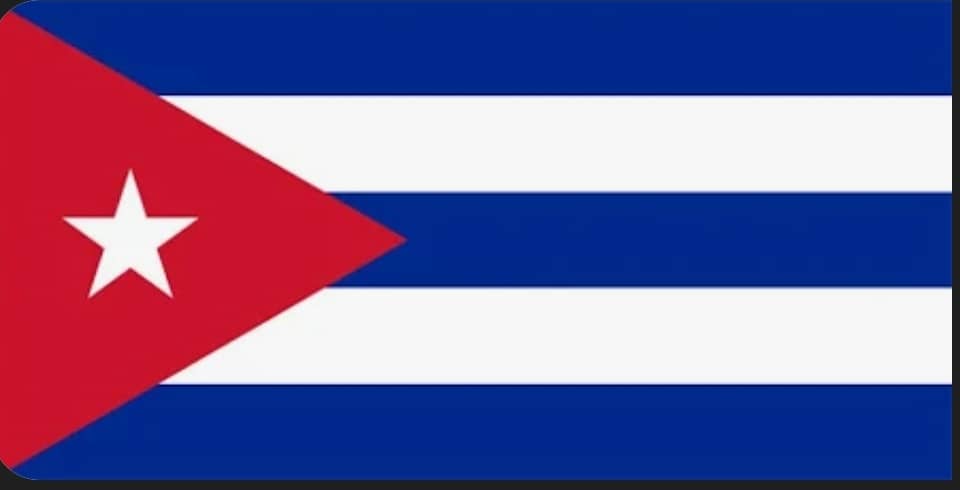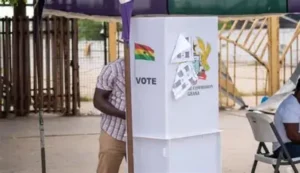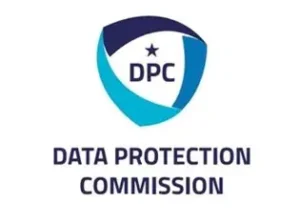
The AfriKan Continental Union Consult (ACUC) has strongly condemned the United States’ long-standing economic blockade of Cuba, describing it as a violation of international law and a test of global sovereignty.

In a statement signed by its Chief Executive Officer, Benjamin Anyagre Aziginaateeg, ACUC said the blockade, now in its 64th year, continues to inflict “incalculable damage” on the Cuban people and undermines the principles of justice, sovereignty, and multilateralism upheld by the United Nations.
“The blockade is not just a political dispute; it is an attack on human life and dignity,” the statement read, citing severe economic, health, and educational impacts, including halted textbook production, suspended medical operations, and widespread energy shortages.
Mr. Anyagre commended the African Union for its principled stance against the embargo and urged all African nations, including Ghana, to maintain their historic opposition during the upcoming UN General Assembly vote.
He further lauded President John Dramani Mahama and Foreign Affairs Minister Samuel Okudzeto Ablakwa for reaffirming Ghana’s solidarity with Cuba through diplomatic engagement and advocacy.
ACUC emphasized that the world must resist political coercion and stand with Cuba’s right to live, develop, and participate freely in the global economy.
Find below the full statement…
THE UNITED STATES ECONOMIC BLOCKADE ON CUBA: A VIOLATION OF INTERNATIONAL LAW AND A TEST OF GLOBAL SOVEREIGNTY
As the United Nations General Assembly prepares for its annual vote on the U.S. economic blockade against Cuba, the international community is facing intensified political pressure from the United States to abandon decades of global consensus, justice, and respect for national sovereignty.
For 64 years, Cuba has endured one of the longest economic blockades in modern history—an act widely condemned as illegal under international law and morally indefensible.
For 33 consecutive years, the UN General Assembly has overwhelmingly voted for the lifting of the blockade.
Yet the United States, with the routine support of Israel, continues to defy world opinion and the UN Charter.
This year, Washington has escalated its coercive tactics.
The U.S. is deploying emissaries and propaganda to intimidate countries—especially those that have historically supported Cuba—into changing their votes. Whether through abstention, absence, or opposition, this is nothing short of diplomatic blackmail.
This is a blatant attempt to force the world to comply with a cruel, outdated, and illegal policy.
The UN vote will be held on October 28–29, 2025, giving member states another historic opportunity to stand for justice, multilateralism, and human dignity. Africa Stands with CubaAfrica and Cuba share a long history of solidarity, rooted in Cuba’s support for African liberation struggles—from Angola to Namibia and South Africa.
The African Union has repeatedly expressed its firm rejection of unilateral sanctions and coercive economic measures imposed outside the framework of the UN Charter.
The African Union – 38th Summit of Heads of State and Government, reiterates its strong opposition to the continued economic, commercial, and financial blockade causing incalculable damage to the Cuban people.
The AU approved, for the sixteenth consecutive time, a principle condemning the economic, commercial, and financial blockade imposed by the North American Government against Cuba.
The text stated – “denouncing the extraterritorial nature of the sanctions imposed on Cuba, which affect not only the island, but also third countries and companies seeking to establish economic and commercial relations with Havana.”
The ACUC applauds the AU’s principled stance and urges African states to once again vote firmly against the blockade at the UN General Assembly.
Ghana’s Position-
Ghana has remained a principled voice against the blockade.
At the 80th UN General Assembly, President John Dramani Mahama reaffirmed Ghana’s commitment to solidarity, international cooperation, and respect for sovereignty.
This stance has been strongly reinforced by the Minister of Foreign Affairs and Regional Integration, Hon. Samuel Okudzeto Ablakwa, through progressive diplomatic engagement, including recent meetings with the Cuban Foreign Minister.
The ACUC calls on Ghana and all nations of conscience to maintain their unwavering vote against the blockade and resist any attempts at political pressure.
The Human Cost of the Blockade-
The blockade is not just a political dispute—it is an attack on human life and dignity.
Its economic and social impact includes:
Massive Financial Losses-
Cuba loses an estimated USD 629.6 million per month, USD 20.7 million per day, and USD 862,568 per hour due to the blockade.
Over time, accumulated damages—calculated with respect to the value of gold—now exceed USD 2.1 trillion.
Tourism Restrictions-
The blockade has severely affected Cuba’s tourism sector.
Visitors from the European Union dropped from 730,211 in 2019 to 324,032 in 2023, undermining a key pillar of Cuba’s economy.
Educational Impact-
Damages to Cuba’s education sector in the current period are estimated at USD 89.7 million.
In 2024 alone, the production of 2.1 million school textbooks was halted due to lack of resources caused by the blockade.
Health and Scientific Limitations-
Over USD 1 million in losses to the pharmaceutical industry.
Production of three essential medicines suspended 14 surgeries canceled due to lack of medical supplies.
U.S. sanctions prevent access to Heberprot-P,
a unique Cuban medication that prevents amputations in diabetic patients.
Energy Crisis-
Cuba’s energy and mining sector suffered damages estimated at USD 496 million.
The National Electric Union alone reports USD 279 million in losses, contributing to rolling blackouts and energy shortages nationwide.
Condemnation Worldwide-
The blockade has been condemned in more than 2,000 international events, declarations, and resolutions.
More than 1,703 statements oppose the U.S. decision to falsely include Cuba on the unilateral list of State sponsors of terrorism.
The defamatory narrative propagated by the U.S. government must be rejected.
The blockade is a crime against humanity with genocidal implications.
The world must act.
Cuba has a right to live, develop, and participate freely in the global economy.
#JoinTheGlobalCallForJustice
#EndTheBlockade
#CubaSíBloqueoNo
#StandWithCuba
#DefendSovereignty
Benjamin Anyagre Aziginaateeg
Chief Executive Officer,
AfriKan Continental Union Consult -ACUC-
Ghana
Read also…
Why Aliko Dangote Should Direct Nigeria’s Energy Future-and How It Could Transform Africa
Click on the link to join the OnlineTimesGH News channel for curated, meaningful stories tailored just for
YOU: https://whatsapp.com/channel/0029VajF89Q6WaKprDT5mu2V



